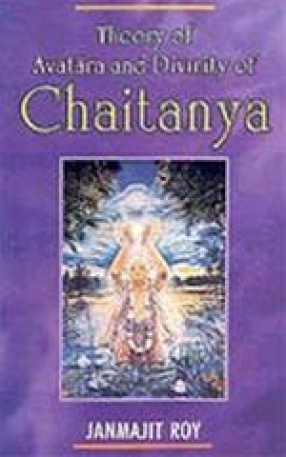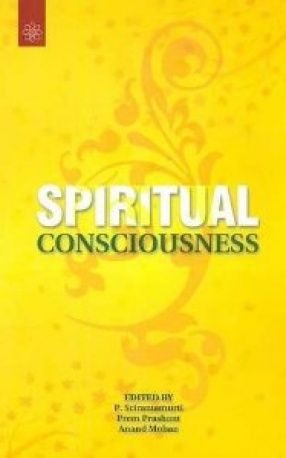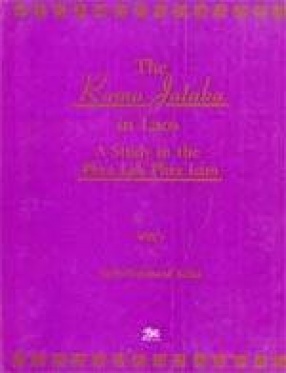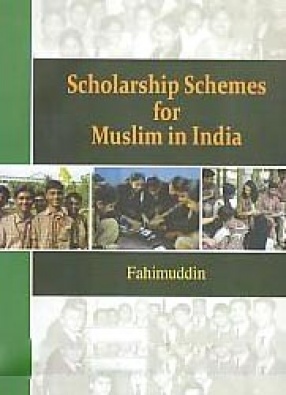The present book is a comprehensive and comparative study of the origin and development of the concept of Avatara in the theological and biographical literature of India: Vedic, Sanskrit, Pali and Bengali. It seeks to understand the incarnated divinity of Chaitanya (1486-1533) and the socio-religious and psychological factors responsible for his apotheosis during his life-time. The study also shows how the concept of Avatara, though un-Vedic in origin, has absorbed many Vedic elements of solar myth and natural allegory, has synthesized various elements from the epico-puranic tradition and has ultimately blossomed forth as an eclectic theory in the Bengal School of Vaisnavism. It further shows that both Vaisnavism and the concept of Avatara owe their origin to Krsna Vasudeva, the great synthesizer of the Aryan and non-Aryan cultures in ancient India and ascribes the theoretical development of the concept of Avatara in the medieval period to various attempts of interpreting Chaitanya’s life and personality. In this study, Avataravada does not merely remain to be a theological doctrine, but turns out, on in-depth scrutiny, to be also a method of analysis and interpretation of both history and its maker with stress on synthesis and syncretism. The study dwells upon many relevant topics like relationship between Avataravada and Vyuhavada, psychosomatic symptoms of Avatarahood, zoomorphism and mythic elements in the stories of the ten incarnations of Visnu, historical significance of the episode of Kalki and chronology of the mytho-historic Avataras with the help of the puranic calendar of the four ages.
Theory of Avatara and Divinity of Chaitanya
In stock
Free & Quick Delivery Worldwide
reviews
Bibliographic information
Title
Theory of Avatara and Divinity of Chaitanya
Author
Edition
1st ed.
Publisher
ISBN
8126901691
Length
x+302p., Bibliography; Index.
Subjects





There are no reviews yet.